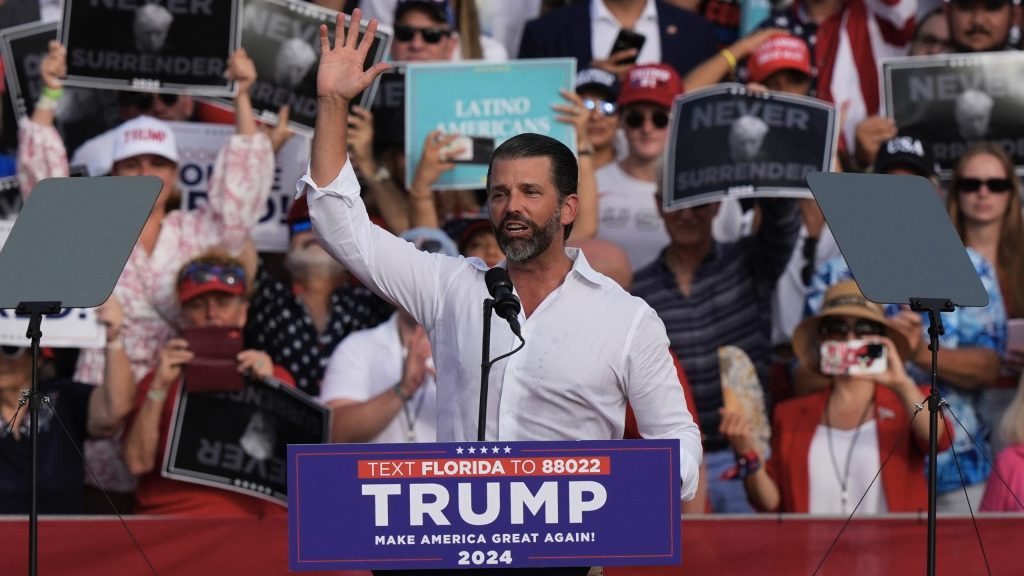Donald Trump Jr.’s impending visit to Greenland has sparked considerable interest, particularly in light of his father, former President Donald Trump’s, previously expressed desire to acquire the autonomous Danish territory. While the younger Trump’s trip is ostensibly personal, focusing on leisure activities and content creation for his podcast, the timing inevitably raises questions about potential underlying motivations, given the backdrop of his father’s past pronouncements. Trump Jr.’s itinerary includes meetings with local residents, exploration of cultural sites, and filming activities for his podcast. He has emphasized the personal nature of his visit, highlighting his interest in Greenland as an avid outdoorsman. Sources close to Trump Jr. have confirmed that the trip is primarily focused on creating engaging video content and that he will not be engaging with any government officials or political figures.
The historical context of U.S. interest in Greenland adds another layer of intrigue to Trump Jr.’s visit. Dating back to the 19th century, the United States has recognized Greenland’s strategic significance, both geographically and in terms of its natural resources. In 1867, the State Department explored the possibility of purchasing both Greenland and Iceland, recognizing their strategic value. Following World War II, President Harry Truman made a formal offer of $100 million for Greenland, but Denmark declined. These historical attempts underscore a long-standing American interest in the territory.
Former President Trump’s ambition to purchase Greenland, revealed during his presidency, generated significant controversy and was met with firm rejection from Greenlandic officials. Prime Minister Mute Egede unequivocally stated that Greenland is not for sale and emphasized the country’s commitment to self-determination. The concept of a nation being “bought” in the modern era clashes with contemporary notions of sovereignty and self-governance. Such a transaction would be unprecedented in recent history and would raise complex legal and ethical questions about the rights of the indigenous population.
Greenland’s rich mineral deposits and strategic location are key factors driving international interest. The island’s vast reserves of rare earth minerals, crucial for advanced technologies, make it a highly desirable territory in the context of global competition for resources. Furthermore, its geographic position in the Arctic region, an area of increasing geopolitical importance due to melting ice caps and opening sea routes, amplifies its strategic value. Control of Greenland would potentially provide a significant advantage in terms of military positioning and access to newly navigable waterways.
While Donald Trump Jr.’s visit is officially unrelated to any political agenda, the convergence of his father’s past interest in acquiring Greenland, the island’s strategic importance, and the younger Trump’s high profile inevitably creates speculation. The timing of the visit, shortly after his father left office, could be interpreted as maintaining a connection to a potential future policy goal or simply as a coincidence. However, without explicit statements or actions indicating political motivations, it remains primarily a personal trip.
It remains crucial to respect Greenland’s sovereignty and the right of its people to self-determination. Any future discussions regarding Greenland’s status must be conducted with full transparency and respect for international law. The complex interplay of historical context, geopolitical interests, and individual motivations makes Donald Trump Jr.’s visit to Greenland a noteworthy event, warranting careful observation and analysis. The trip underscores the enduring fascination with Greenland and its strategic importance in the 21st century.










